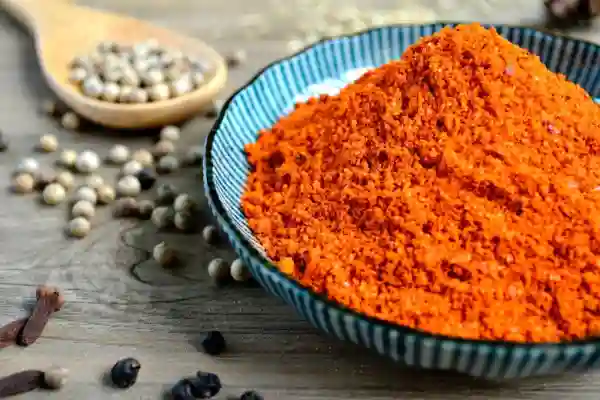

A guide to cleansing for the vata dosha
Vata can struggle with energy, so a vata-specific cleansing regime can support regular energy levels and keep them feeling balanced and strong. Incorporating daily meditation and mindfulness practice at the beginning and end of the day may also be beneficial to help keep them focused.
Warm food is vital for a vata type, so no juices, smoothies or anything raw or cold. Simple, warm and lightly spiced foods such as kitcharee, dahl, soups and vegetable stews are ideal. Think about adding aromatic but not hot herbs such as fennel, cumin, coriander, and turmeric into your meals. Herbs that really support the vata constitution are those that will help create a sense of balance and stability, but also nourish the body at a deep level.
Hydrate with warm herbal teas that support optimum digestion such as fennel, cardamom and ginger. Balancing herbs such as ashwagandha will also help to support the nervous vata emotions.
Relaxing teas such as Love and Relax will help the body adapt without becoming stressed.
During a cleanse, all three doshas should keep the diet simple, vegetable-based and dairy-free, and reduce or eliminate caffeine and alcohol. Keep exercise to a minimum and remember not to overdo it, as your body will be working harder than usual at this time.
Don't know your dosha? Take our dosha to find out.

Author: Sebastian Pole
Co-founder and Master herbsmith
Pukka’s Co-founder and Master Herbsmith keeps a close eye on the formulation of our organic creations. Sebastian has been in clinical practice since 1998 using a blend of Ayurvedic, Chinese and Western herbal medicine and has pioneered organic and FairWild practitioner-grade herbs as the norm at Pukka.
Qualifications
Degree in Hindi and Indian Religions, a registered yoga therapist
Years of experience
23 years in clinical practice
Professional registrations
Member of the Ayurvedic Practitioners Association, Register of Chinese Herbal Medicine and the Unified Register of Herbal Practitioners, Fluent in Hindi.
